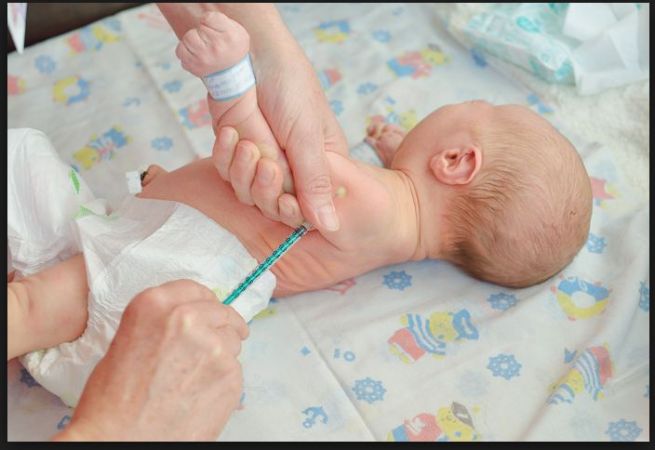
India observes National Vaccination Day sometime called as National Immunization Day (NID) on 16th March every year. National Immunization Day was first observed on 16th March 1995 when first dose of Oral Polio Vaccine was given. The observance of National Vaccination Day is an attempt to enhance awareness for the eradication of polio from planet earth. Every year on this day, millions of children are immunized with the polio vaccine.Every year, India observes National Immunisation Day in January to mark the launch of pulse polio programme. India has been implementing the Pulse Polio Programme since 1995. In India, the last case of wild polio was reported on 13 January 2011.
Vaccination is the most effective method of preventing infectious diseases; widespread immunity due to vaccination is largely responsible for the worldwide eradication of smallpox and the restriction of diseases such as polio, measles, and tetanus from much of the world. The World Health Organization (WHO) reports that licensed vaccines are currently available to prevent or contribute to the prevention and control of twenty-five preventable infections.
also read Vivek Oberoi's Narendra Modi to release on this date
On 27 March 2014, India was certified as polio free country along with other 11 countries of South-East Asia Region of World Health Organisation (WHO). These countries were Bangladesh, Bhutan, Democratic People’s Republic of Korea, Indonesia, Maldives, Myanmar, Nepal, Sri Lanka, Thailand and Timor-Leste. Vaccination is the most effective method of preventing infectious diseases; widespread immunity due to vaccination is largely responsible for the worldwide eradication of smallpox and the restriction of diseases such as polio, measles, and tetanus from much of the world. The World Health Organization (WHO) reports that licensed vaccines are currently available to prevent or contribute to the prevention and control of twenty-five preventable infections.
India has one of the largest Universal Immunization Programs (UIP) in the world in terms of the quantities of vaccines used, number of beneficiaries covered, geographical spread and human resources involved. Despite being operational for over 30 years, UIP has been able to fully immunize only 65% children in the first year of their life and the increase in coverage has stagnated. To achieve full immunization coverage for all children, the Government of India launched Mission Indradhanush in December 2014. The ultimate goal of this program is to ensure full immunization with all available vaccines for children up to two years and pregnant women. Under this programme, all vaccines are available free of cost.
also read Two ladies sentenced to prison for selling newborn